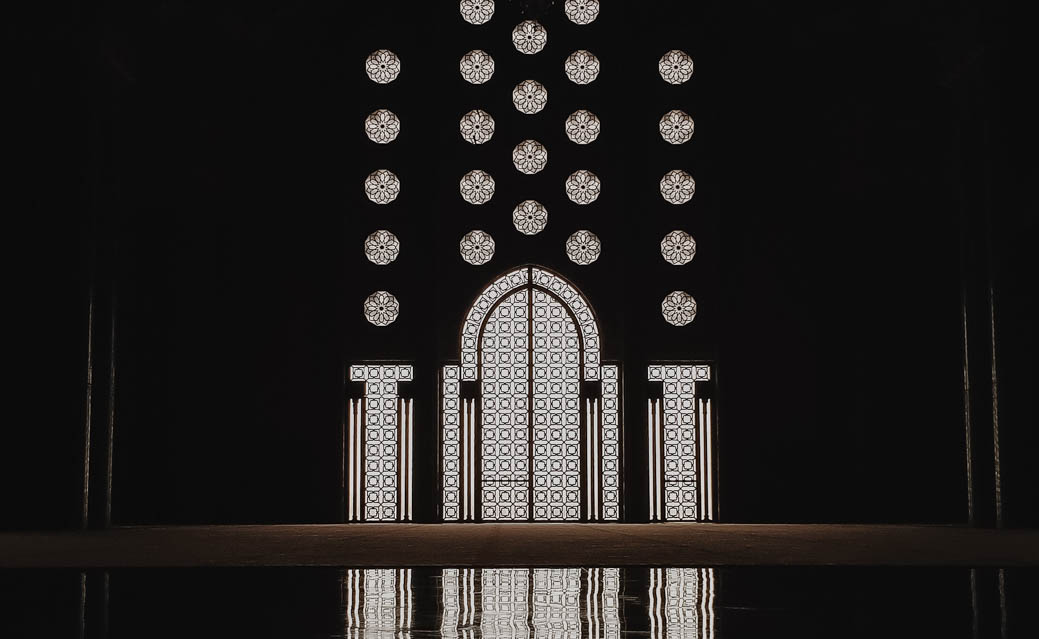Reflecting on five years after the Quebec Mosque shooting
The spread of Islamophobia continues in Canada years after the deadly attack.
On January 29, 2017, 21-year-old Alexandre Bissonnette walked into the Quebec Islamic Cultural Centre and opened fire, killing six worshippers and injuring five more.
We remember sitting in front of the television with our visibly Muslim families, watching the news as they showed the faces of the victims who all slightly resembled strong Muslim men we have known. While we did not know them personally, they were our community—our brothers in Islam.
We wish we could say this came as a total shock to the Muslim community, that we would have never anticipated Islamophobia of the sort, but that would be a lie. In 2016, the world changed for the worse, and bigots around the world were fueled by a higher power. Small acts of Islamophobia became common. Our mothers would give us a concerned look every time we left the house wearing the hijab. This shooting was a direct result of governmental failure throughout North America, but that should not stop us from holding ourselves—Canadians—accountable.
Many argue that the attack happened five years ago and surely things have changed for the better. To that we say—think again.
Just two years after the Quebec Mosque shooting, Bill 21 was passed which disproportionately targets religious groups, particularly Muslim women, from wearing any religious symbols in public spaces. Three years after the Quebec Mosque shooting, Mohamed-Aslim Zafis had his throat slit by Guilherme “William” Von Neutegem while volunteering outside his local Mosque in Etobicoke. Moreover, the Quebec Mosque shooter had his sentence reduced from two life sentences to eligible for parole after 25 years served. Four years after the Quebec Mosque shooting, Nathaniel Veltman ran over a Muslim family in London, Ontario with his truck. Furthermore, Black Muslim women became the targets and victims of a series of hate-motivated attacks in Alberta.
These incidents and these laws have continued to perpetuate the fact that Islamophobia is still rampant throughout Canada. Politicians, leaders, and advocates cannot claim to stand against Islamophobia and then refuse to admit that Bill 21 is racist or refuse to pass a bill that protects Muslim communities and places of worship.
As a Muslim, fancy speeches and anniversary press simply doesn’t cut it. We are tired of pretending to feel “safe” or ignoring these conversations on Islamophobia simply because it makes other Canadians uncomfortable.
Canadians and students like ourselves can help prevent Islamophobia by educating ourselves, being an active ally, and creating spaces for Muslim voices. For example, this would include debunking and unlearning false information about Islam by asking a Muslim friend or turning towards primary sources of Islamic Law or knowledge.
To make room for Muslim voices, we can inform ourselves of issues affecting the Muslim community and of recommendations made by trusted organizations and networks. For example, the National Council of Canadian Muslims has created a list of recommendations for all levels of government to follow and adhere to before the National Summit on Islamophobia. We believe that going through these recommendations and looking for ways in which we can incorporate them into our everyday lives would be a step in the right direction.
Overall, Islamophobia and these violent crimes against Muslims are not something that “show up” randomly, but rather it is gradual. Therefore, there needs to be better systems of education that target Islamophobia at onset, before it becomes tragedy and abuse.
If you are still not convinced that Islamophobia is an issue that needs to be better addressed in Canada, then we would simply tell you to turn on the news, look at the recent protests, look at the flags, and read between the lines.


